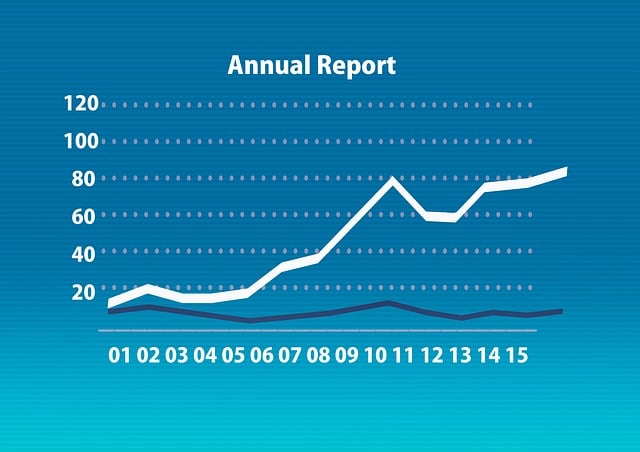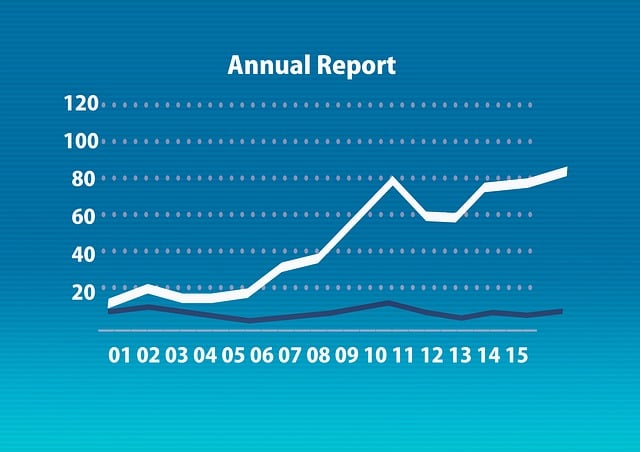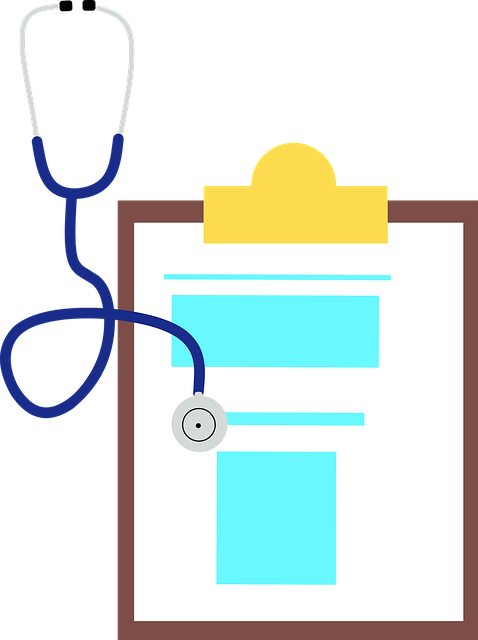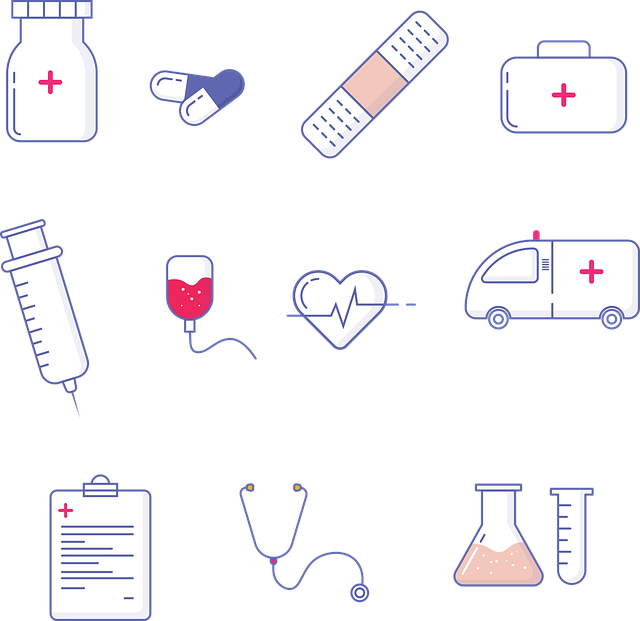Translation services for UK Public Health Reports are indispensable for accurately conveying critical health information across diverse linguistic and cultural groups globally. These translators must possess a deep understanding of both the source and target languages, as well as the cultural contexts relevant to public health to ensure that complex concepts and nuanced data are accurately interpreted without loss of meaning or cultural misinterpretation. The precision and cultural sensitivity of these translations directly impact global health literacy, community health outcomes, and the effectiveness of public health strategies worldwide. Expert linguists with specialized knowledge in medical terminology and public health issues work to maintain the integrity of the original content while making it accessible to a broader audience, ensuring that UK's public health guidance is universally understandable. This meticulous translation process supports international collaboration, data exchange, and informed decision-making within the public health sector, thereby contributing to a more unified and robust global public health framework.
Navigating the complexities of public health, particularly in a globalized world where information crosses borders with ease, underscores the critical importance of precise translation services for UK Public Health Reports. This article delves into the intricacies of ensuring these reports are accurately conveyed to diverse audiences, highlighting the role of translation professionals in bridging language barriers and the challenges they face. We explore the key factors that influence effective translation of public health content, evaluate current translation practices, and present case studies where translations have been successfully implemented. By enhancing accessibility and comprehension through specialized translation services, these reports become a vital tool for global health strategies, ensuring that life-saving information reaches all sectors of society.
- Understanding the Necessity for Accurate Translation of UK Public Health Reports
- The Role of Translation Services in Bridging Language Barriers for Public Health Information
- Challenges and Considerations in Translating Public Health Data for a Global Audience
- Evaluating the Quality of Current Translation Practices for UK Public Health Reports
- Key Factors Influencing Effective Translation of Public Health Content
- Case Studies: Successful Translations of UK Public Health Reports
- Enhancing Accessibility and Comprehension through Specialized Translation Services in Public Health Contexts
Understanding the Necessity for Accurate Translation of UK Public Health Reports

The accurate translation of UK Public Health Reports is a critical aspect of global health communication and policy-making. With the increasing interconnectedness of nations and the need for international collaboration in public health, it is imperative that information conveyed within these reports is both precise and culturally relevant when translated into other languages. Translation services for UK Public Health Reports must go beyond mere linguistic transfer; they must account for cultural nuances, regional differences in health care practices, and the specific context of each target audience. This ensures that the intended message is not only understood but also acted upon effectively, thereby enhancing global health strategies and local public health responses.
Furthermore, the reliability of translation services is paramount in the dissemination of UK Public Health Reports. Inaccurate translations can lead to misunderstandings and misinformed decisions that may compromise public health efforts. Professional translation services specializing in medical and health-related content are essential for converting these reports into languages that non-English speaking regions can comprehend. These experts employ a combination of linguistic acumen and subject matter knowledge to provide translations that maintain the integrity and precision of the original text, ultimately contributing to more effective global public health initiatives.
The Role of Translation Services in Bridging Language Barriers for Public Health Information

In an increasingly interconnected world, the dissemination of accurate and accessible public health information is paramount for effective healthcare management. Translation services play a pivotal role in this context, particularly within the UK’s multicultural society. These services are instrumental in converting critical public health reports from their original language into English, ensuring that diverse communities can comprehend and act upon vital health guidance. The precision of these translations is not just a matter of linguistic adeptness; it involves a deep understanding of both the source and target cultures to convey concepts accurately. This cultural nuance is essential when communicating public health information, as misunderstandings can lead to incorrect health practices and potentially adverse outcomes.
The quality of translation services for UK Public Health Reports directly impacts the health literacy of communities, reducing disparities in health outcomes that often correlate with language barriers. Professionals in this field are not mere linguists but are experts who navigate the complex interplay between language and culture. They employ specialized terminology accurately, maintaining the integrity of the original content while making it accessible to a broader audience. This commitment to accuracy and clarity is crucial for effective health communication and underpins the success of public health initiatives across the UK’s diverse population.
Challenges and Considerations in Translating Public Health Data for a Global Audience

When translating public health data for a global audience, the intricacies of language and cultural context become paramount. UK public health reports contain specific terminology, statistical methodologies, and societal nuances that require careful handling to ensure accurate translation. Translation services must navigate the complexities of medical jargon, which may not have direct equivalents in other languages, leading to potential misinterpretations if mishandled. The challenge is compounded by the need for cultural adaptation; what is considered a standard health practice or recommendation in one country may not be universally applicable or understood in another.
To effectively communicate public health information across borders, translation services for UK Public Health Reports must employ expert linguists with specialized knowledge in the field of public health. These professionals are trained to understand the context and the subtleties inherent in public health data, ensuring that translations maintain their scientific integrity while being relevant and accessible to an international audience. Additionally, collaboration with local experts is often necessary to ensure cultural relevance and appropriateness, thereby enhancing the utility and impact of the translated reports on global health initiatives.
Evaluating the Quality of Current Translation Practices for UK Public Health Reports

The translation of UK Public Health Reports into other languages is a critical process that directly impacts the accessibility and utility of public health information on a global scale. As the world becomes increasingly interconnected, the demand for accurate translations of these reports has grown significantly. To ensure the quality of such translations, it is imperative to employ skilled human translators who are not only proficient in both the source and target languages but also have a comprehensive understanding of public health terminology and context. These translators must be well-versed in the intricacies of medical language, cultural nuances, and the specific jargon used within the public health sector to maintain the integrity of the content.
Furthermore, leveraging advanced translation technology can augment the efficiency and precision of these services. Translation memory software, for instance, helps maintain consistency across translations by storing previously translated segments. Machine learning algorithms and natural language processing can also provide support in understanding context and providing more accurate translations. However, human oversight is crucial to correct any errors or ambiguities that automated systems might overlook. The goal is to create translations that are not only linguistically sound but also culturally relevant and reflective of the original report’s intent and nuances. By doing so, UK Public Health Reports can be effectively communicated across different regions, ensuring that public health interventions and guidance reach a wider audience and contribute to global health security and literacy.
Key Factors Influencing Effective Translation of Public Health Content

When translating public health reports for the UK context, several key factors must be considered to ensure clarity and effectiveness. Firstly, understanding the nuances of both the source language and English dialects within the UK is crucial. The British Isles encompass a variety of regional languages and terms that may not have direct equivalents in the report’s original language. Translation services for UK Public Health Reports must employ linguists proficient not only in the source and target languages but also in the specific jargon and idioms relevant to public health.
Secondly, cultural sensitivity is paramount when translating public health content. The interpretation of health-related topics can be influenced by cultural norms and values, which may differ significantly between countries. Translators must navigate these differences carefully, ensuring that the tone, context, and messaging remain appropriate and respectful to the UK audience. Additionally, the translation process should involve a review by subject matter experts in public health to confirm that the translated content accurately reflects the intentions of the original report and is actionable for UK policymakers and health professionals. Utilising professional translation services for UK Public Health Reports that combine linguistic expertise with industry-specific knowledge ensures that critical health information is both accurate and accessible across different regions of the UK.
Case Studies: Successful Translations of UK Public Health Reports

The translation of UK Public Health Reports into other languages is a critical process that facilitates international cooperation and information sharing in the public health sector. Successful translations enable healthcare professionals, policymakers, and the public to comprehend and utilize data across borders, which is particularly relevant for global health initiatives. For instance, a case study highlighting the work of the National Health Service (NHS) detailed how accurate translations of NHS guidelines on infectious diseases were pivotal in managing outbreaks in countries with multilingual populations. The use of professional translation services for UK Public Health Reports ensured that key information regarding prevention, treatment, and containment strategies was conveyed effectively. Another example is the translation of mental health resources, where precise language transfer was essential to maintain the nuances of therapeutic practices. This led to improved mental health outcomes in diverse communities by providing materials that were both culturally and linguistically appropriate. These translations are not mere adaptations but are rigorously developed to retain the integrity of the original content, ensuring that public health messages are understood universally, thereby promoting global health literacy and informed decision-making.
Enhancing Accessibility and Comprehension through Specialized Translation Services in Public Health Contexts

In the realm of public health, the dissemination of accurate and accessible information is paramount. The translation of UK public health reports into other languages for diverse populations within the country is not a mere task of linguistic transfer but a complex process that demands cultural and contextual sensitivity. Specialized translation services play a pivotal role in ensuring these reports are both accessible and comprehensible to all stakeholders, including non-native speakers and those with limited reading proficiency. By leveraging experts in public health terminology alongside linguists who understand the nuances of both the source and target languages, these services can effectively bridge communication gaps. This not only enhances understanding among various communities but also empowers them to make informed health decisions, ultimately contributing to better health outcomes.
Furthermore, the use of specialized translation services for UK public health reports is instrumental in navigigating the intricacies of language variation within the UK itself. With a population that includes individuals from a multitude of linguistic backgrounds and regional dialects, it is essential that these translations are not only accurate but also reflect the social and cultural context of the intended audience. This level of precision ensures that public health messages resonate with the communities they are intended for, fostering trust in public health initiatives and promoting a more equitable approach to health information dissemination.
In conclusion, the translation of UK public health reports into other languages is a critical endeavour that holds the potential to significantly impact global health outcomes. The challenges are clear, yet the role of specialized translation services in bridging language barriers and ensuring accurate dissemination of public health information cannot be overstated. It is imperative that these translations are not only linguistically precise but also culturally sensitive and contextually appropriate to effectively reach diverse audiences. The case studies highlighted within this article demonstrate the positive impact of high-quality translations, underscoring the importance of investing in such services for UK public health reports. As we continue to navigate a world where health information knows no borders, the commitment to excellence in translation becomes a cornerstone of global public health strategy.
